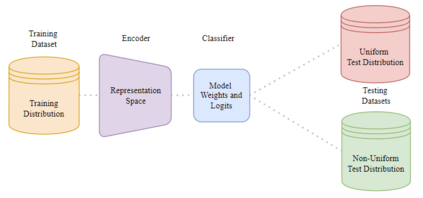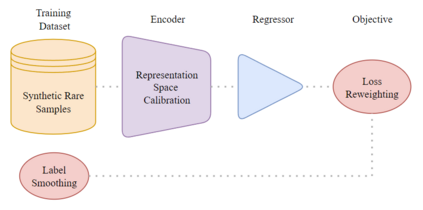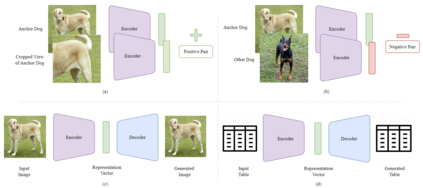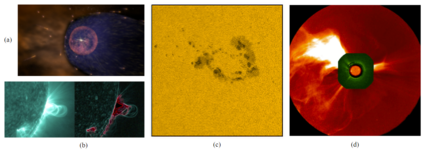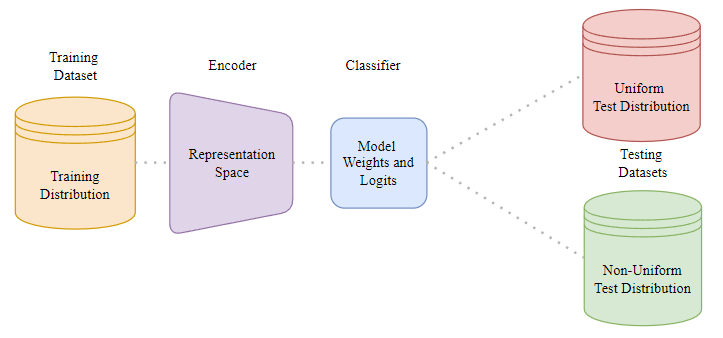Deep Learning methods have significantly advanced various data-driven tasks such as regression, classification, and forecasting. However, much of this progress has been predicated on the strong but often unrealistic assumption that training datasets are balanced with respect to the targets they contain. This misalignment with real-world conditions, where data is frequently imbalanced, hampers the effectiveness of such models in practical applications. Methods that reconsider that assumption and tackle real-world imbalances have begun to emerge and explore avenues to address this challenge. One such promising avenue is representation learning, which enables models to capture complex data characteristics and generalize better to minority classes. By focusing on a richer representation of the feature space, these techniques hold the potential to mitigate the impact of data imbalance. In this survey, we present deep learning works that step away from the balanced-data assumption, employing strategies like representation learning to better approximate real-world imbalances. We also highlight a critical application in SEP forecasting where addressing data imbalance is paramount for success.
翻译:暂无翻译

